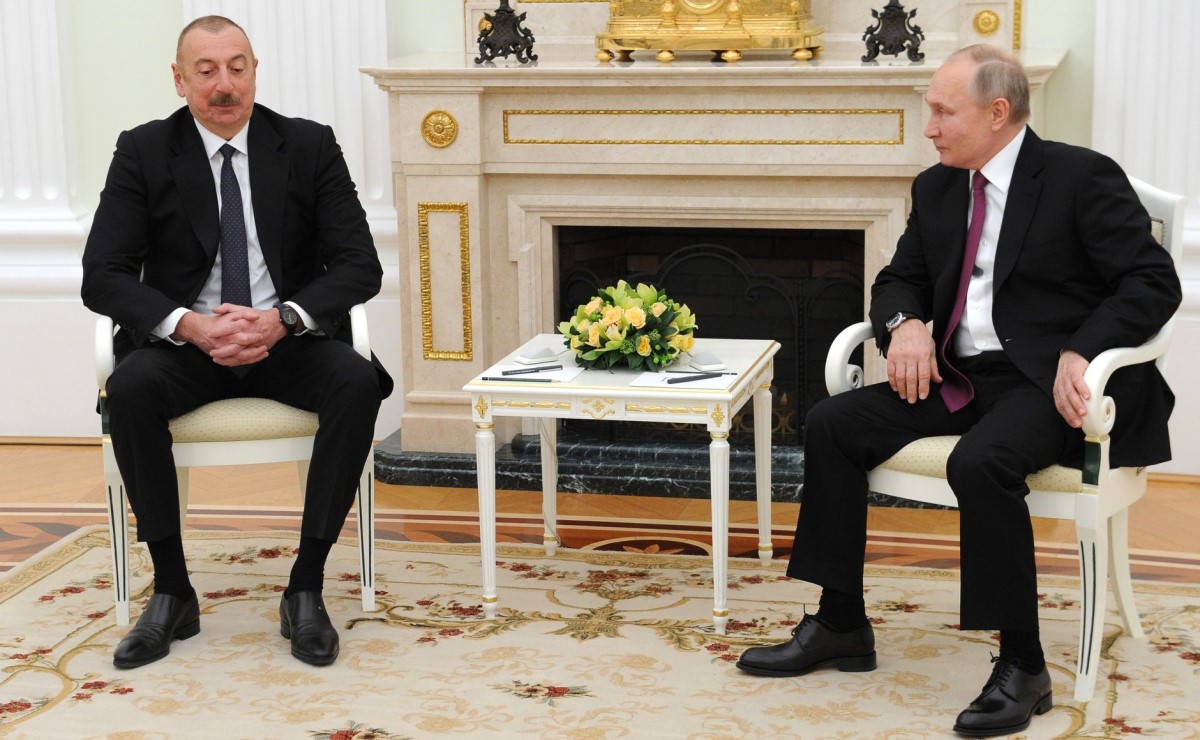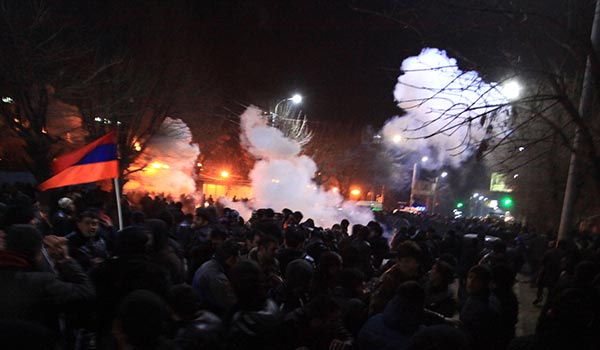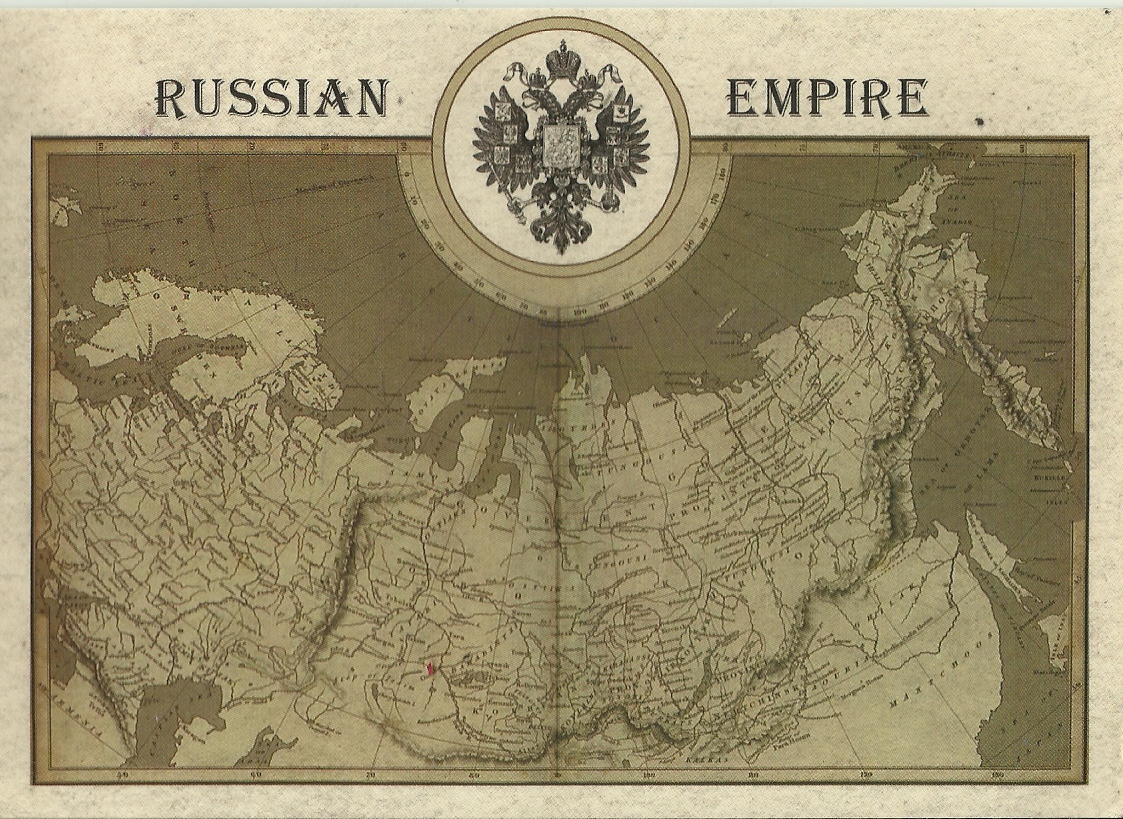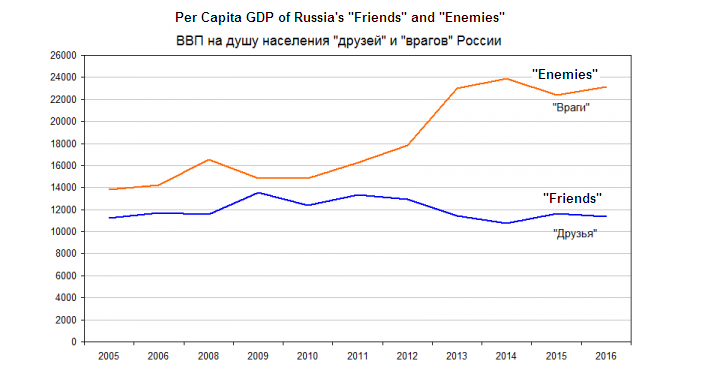In yet another indication that the November 10 declaration was not a peace accord and that conflicts over Qarabagh will continue, albeit in new ways, President Ilham Aliyev and other Azerbaijani officials now say that Russian forces in the region are violating their rules of engagement and staging what Baku calls “provocations.”
Specifically, Baku officials object to the cozy relationship Rustam Muradov, the commander of the Russian peacekeepers, has established with the remnants of the unrecognized “Nagorno-Karabakh Republic” and his willingness to allow Armenian diplomats to enter the Azerbaijani region without sanction from Baku.
Such actions are inconsistent with the provisions of the November 10 declaration and “do not make a positive contribution to stability in the region and cast doubt on the good intentions of Russia there.”
Russia has responded not by changing its approach but rather by deciding to raise the stakes concerning the earlier Azerbaijani downing of a Russian helicopter. Baku had said this was an accident and Moscow appeared to accept that apology. Now the Russian side is calling the attack “murder.”
But even more infuriating to Azerbaijan are the conclusions of Russian and Polish analysts that
Instead, all that November 10 did was, while recognizing Azerbaijan’s advance, to insert Russian forces in place of Armenian ones along the diminished borders of Artsakh. If Azerbaijan renews its attacks, one Georgian analyst says, Russians rather than Armenians will be defending that territory.
According to that Tbilisi writer, the Russian forces will be far more successful in repelling any Azerbaijani move than the Armenians were. And as a result, the outcome of any new round of fighting would be “entirely different” than the one that the November 10 declaration put an end to.
Indeed, despite the victories the Azerbaijani military did achieve, many in Baku and elsewhere are likely to conclude that three things have happened as a result of the recent fighting: Azerbaijan has reduced the size of Armenian control of Azerbaijani territory, Russia has become the guarantor not of peace but of that territory, and the OSCE Minsk Group has been frozen out.
Read More:
- Qarabagh war outcome opens way for Putin to create ‘post-Soviet space 2.0,’ Dubnov says
- Ukraine looks for applicable lessons in latest Karabakh War
- Baku’s success in using Turkish drones raises question: Could Ukraine use them against Russia in Crimea?
- Ukrainian-UK defense cooperation: Will London have Kyiv’s back?
- Volodymyr Horbulin: Seven steps to defeat Russia in the wars of the future
- Ukraine’s geopolitical successes become Russian defeats
- “Wrong time to relax”: Ukrainian intel chief says no end to hybrid war while Putin in power





